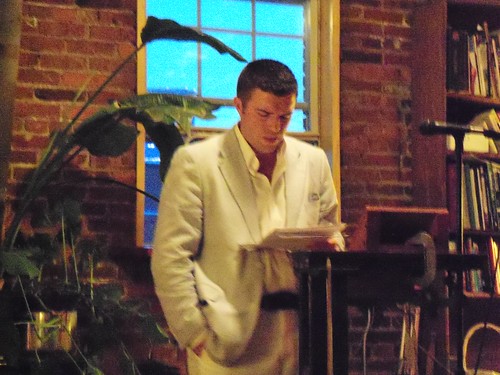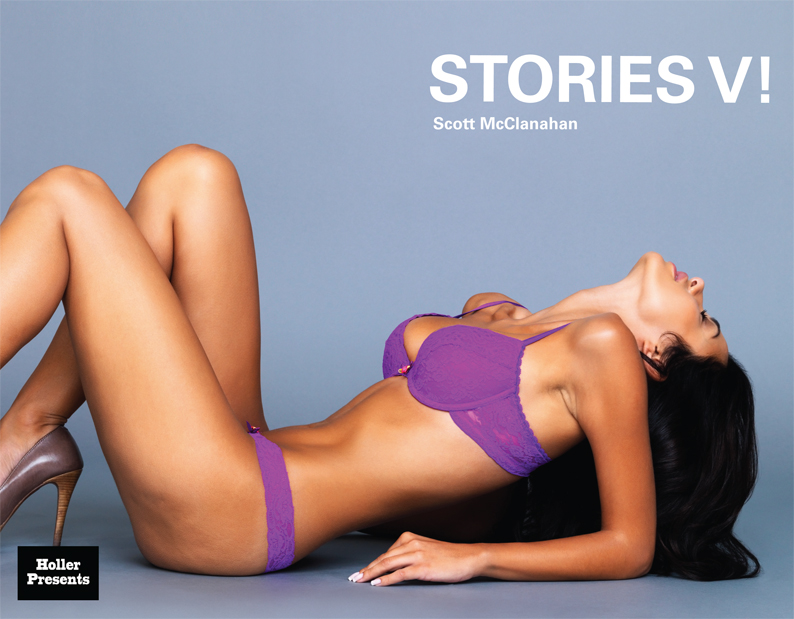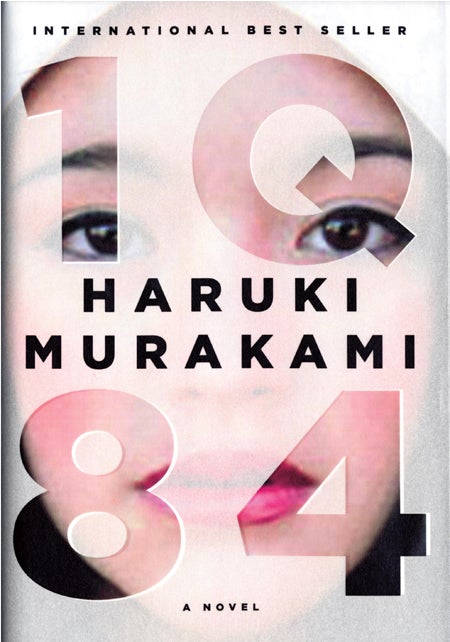 After we posted about reading Alexander Chee’s blog Koreanish as though it were a book whose ending hasn’t yet been written, Chee tried to read Koreanish as though it were a book whose ending hasn’t yet been written, and he was surprised that what he found was different from what he thought he would find. An excerpt:
After we posted about reading Alexander Chee’s blog Koreanish as though it were a book whose ending hasn’t yet been written, Chee tried to read Koreanish as though it were a book whose ending hasn’t yet been written, and he was surprised that what he found was different from what he thought he would find. An excerpt:
“What struck me, in other words, is that Koreanish the blog, is, if read narratively, something of a dystopic novel, in which a writer is living inside a country that is blind to its own destruction, a destruction it pursues relentlessly, to his increasing dismay.” (Read the rest at Koreanish.)
It’s a strange feeling to read a blog as a book whose ending hasn’t yet been written, then to have your note about reading the blog as a book whose ending hasn’t yet been written become part of the fabric of the book the blog has become, and in so doing to influence the future trajectory of the blog-as-book, which means the ending of the book you’re reading and about whose ending you are curious has now been influenced by you the reader as you act upon the writer by responding to what he has already written but has not yet finished.
If this seems newfangled and Back to the Future-ish (I briefly worried about the possibility of erasing my own existence, but, fortunately, time is only moving in one direction, for now), maybe it’s not. It seems likely to me that writers who serialized their novels in magazines or newspapers before they appeared in book forms (Dickens, for example, or Dostoevsky), and their readers, might well have been candidates for similar experiences. Ditto writers whose books appear in successive volumes over time, before they are complete — Cervantes, Proust, more recently Murakami. Or writers of trilogies or quartets — Updike, or Justin Cronin’s, which is one volume in progress.
This would be a useful subject for inquiry, I’d think — how does the reception of an in-progress book by its readership impact the future trajectory of that work. And then, of course, we’re soon thinking about the entire arc of a writer’s career, where these matters likely influence future work more often than we purists might imagine. Almost all the time, would be my guess, even if your name is Thomas Pynchon or Cormac McCarthy. Even Salinger’s great long silence seems a function of his response to the audience’s response to his work.
Maybe literature is more of a two-way conversation than we would prefer to imagine.

 “When you examine most recent novels or screenplays, you can’t help but notice that there’s a very strong goal-motivation-conflict structure. I watched UP with my kids recently (in 3D!) and every single character, even the giant, voiceless bird, had a very clear goal and motivation that conflicted with the other characters’ goals and motivations in really obvious ways. It was actually kind of irritating, because the conflicts just deteriorated into logistics by the climax (one too many people dangling over precipices for me). The movie seemed enslaved by its structure.” —
“When you examine most recent novels or screenplays, you can’t help but notice that there’s a very strong goal-motivation-conflict structure. I watched UP with my kids recently (in 3D!) and every single character, even the giant, voiceless bird, had a very clear goal and motivation that conflicted with the other characters’ goals and motivations in really obvious ways. It was actually kind of irritating, because the conflicts just deteriorated into logistics by the climax (one too many people dangling over precipices for me). The movie seemed enslaved by its structure.” —  people just coming out of the theater on screening it here for ourselves, felt like, ‘Whoa, were you leaving it open for a sequel, that Muntz is going to come back and get the bird?’ No, we wanted the sense of closure that when the bird goes off with the babies, we know everything’s going to be fine and there’s no danger.” —
people just coming out of the theater on screening it here for ourselves, felt like, ‘Whoa, were you leaving it open for a sequel, that Muntz is going to come back and get the bird?’ No, we wanted the sense of closure that when the bird goes off with the babies, we know everything’s going to be fine and there’s no danger.” — 
 the videos you direct, such as (my favorite)
the videos you direct, such as (my favorite)  After we posted about
After we posted about  When I was a child, my father worked in air conditioning. I never thought that was a particularly high calling, even though we lived in Florida, in the heat, and even though I seldom felt the heat when I was indoors, since the default indoor condition of everything in Florida was cool, comfortable air, or sometimes air that was uncomfortable because it was too cold. I never figured out the value of what my father did until I read Arthur Miller’s essay “Before Air Conditioning.” Here is a representative paragraph:
When I was a child, my father worked in air conditioning. I never thought that was a particularly high calling, even though we lived in Florida, in the heat, and even though I seldom felt the heat when I was indoors, since the default indoor condition of everything in Florida was cool, comfortable air, or sometimes air that was uncomfortable because it was too cold. I never figured out the value of what my father did until I read Arthur Miller’s essay “Before Air Conditioning.” Here is a representative paragraph:

